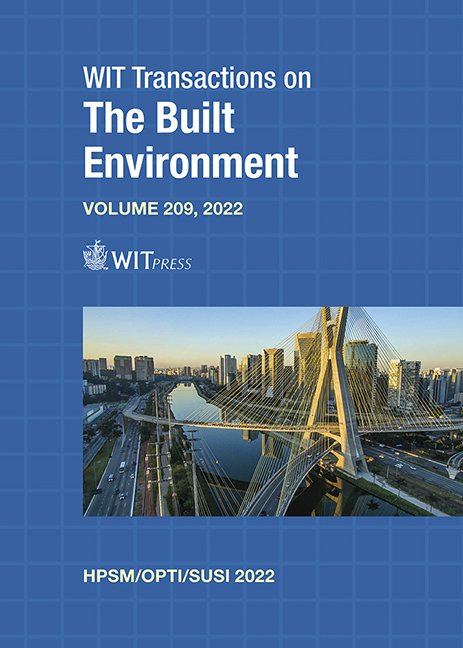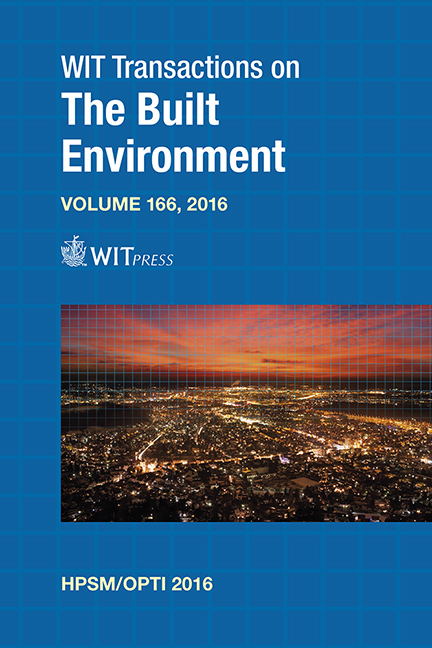High Performance and Optimum Design of Structures and Materials V
Encompassing Shock and Impact Loading
Edited By: S. Hernández, University of A Coruña, Spain and Member of WIT Board of Directors and G. Schleyer, University of Liverpool, UK
Price
£95.00 (free shipping)
ISBN
978-1-78466-471-8
eISBN
978-1-78466-472-5
Pages
210
Transaction Series
WIT Transactions on The Built Environment
Transaction Volume
209
Published
2022
Format
Hardback
The use of novel materials and new structural concepts nowadays is not restricted to highly technical areas like aerospace, aeronautical applications or the automotive industry, but affects all engineering fields including those such as civil engineering and architecture. The included contributions highlight the latest developments in design and manufacturing.
Most high-performance structures require the development of a generation of new materials, which can more easily resist a range of external stimuli or react in a non-conventional manner. Particular emphasis is placed on intelligent structures and materials as well as the application of computational methods for their modelling, control and management.
The book also addresses the topic of design optimisation. Contributions cover numerical methods, different optimisation techniques and new software. Optimisation problems include those related to the size, shape and topology of structures and materials. Optimisation techniques have much to offer to those involved in the design of new industrial products, as the appearance of powerful commercial computer codes has created a fertile field for the incorporation of optimisation in the design process of all engineering disciplines.
The performance of structures under shock and impact loads is another area covered. The increasing need to protect civilian infrastructure and industrial facilities against unintentional loads arising from accidental impact and explosion events as well as terrorist attacks is reflected in the sustained interest worldwide. While advances have been made in recent decades, many challenges remain, such as developing more effective and efficient blast and impact mitigation approaches or assessing the uncertainties associated with large and small scale testing and validation of numerical and analytical models. The overall aim is to move towards a better understanding of the critical issues relating to the testing behaviour, modelling and analyses of protective structures against blast and impact loading.
The studies contained in this volume were presented at the International Conference on High Performance and Optimum Structures and Materials Encompassing Shock and Impact Loading and address issues involving advanced types of structures, particularly those based on new concepts, and shock and impact resistance.








